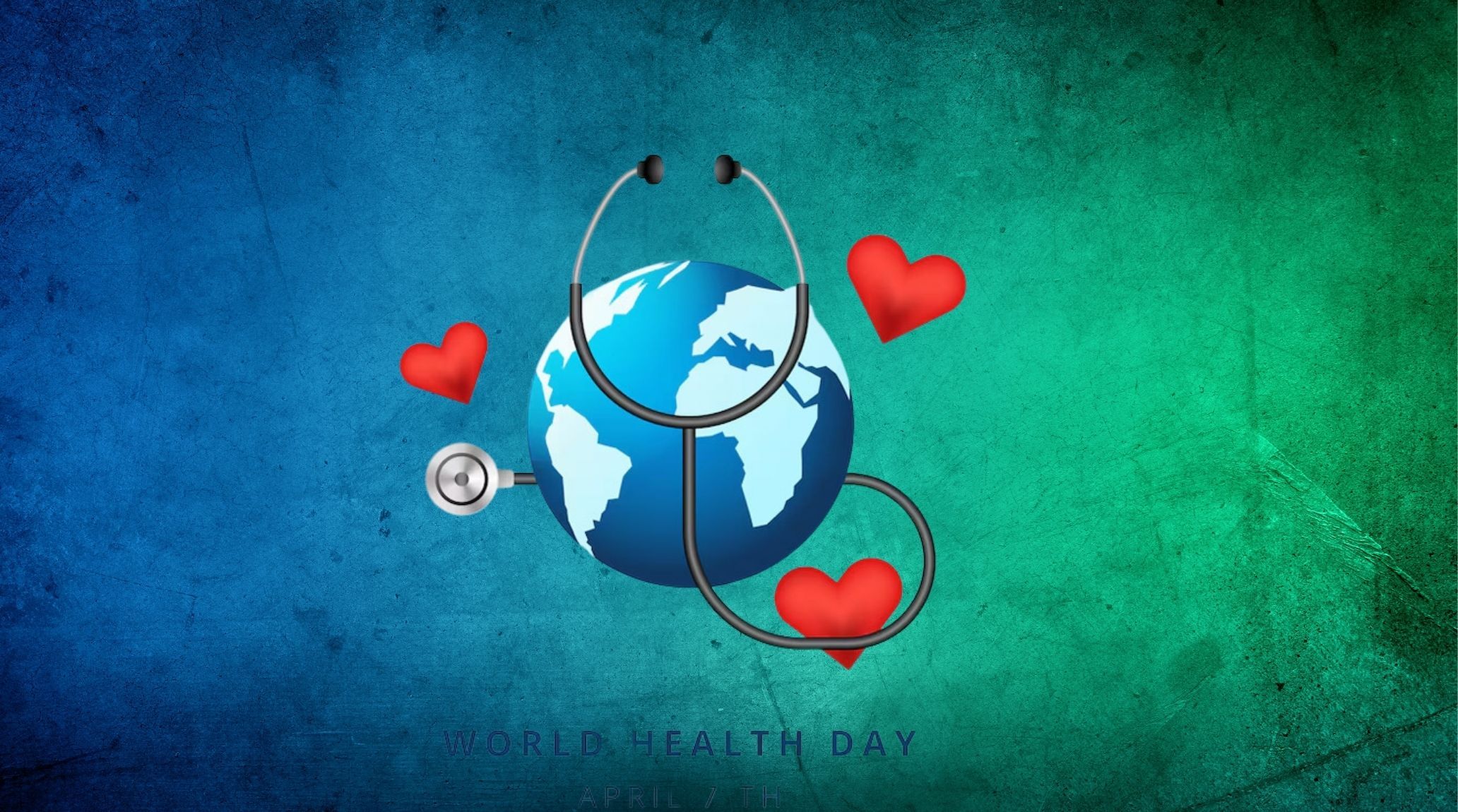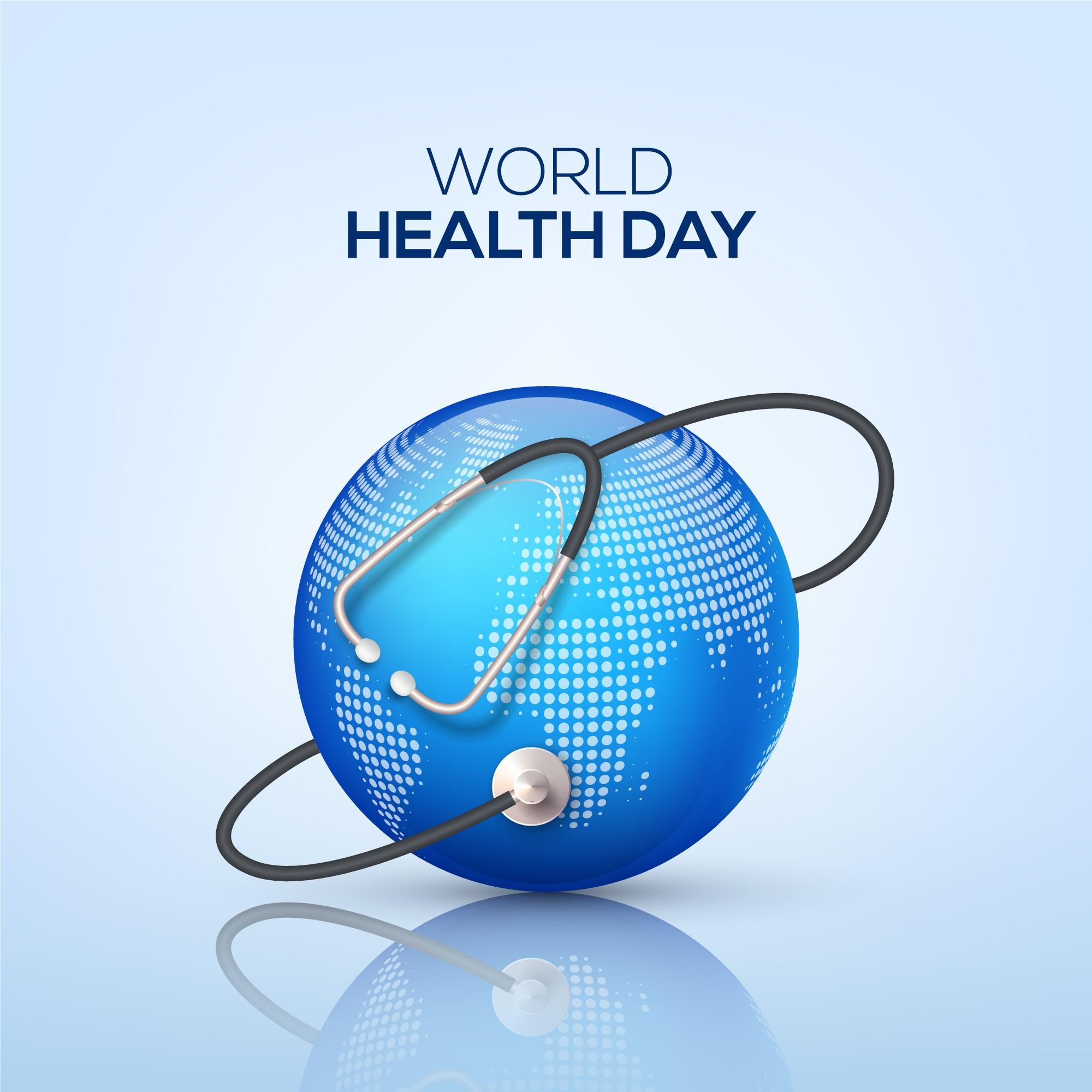
“
World Health Day celebrated on April 7th each year is a vital event aimed at raising awareness about global health issues and promoting healthier lifestyles. Established by the World Health Organization (WHO) in 1948 this day highlights key health topics that impact communities worldwide. In this blog we present 20 must-know facts about World Health Day illustrating its significance and the collective effort needed to improve global health and well-being for everyone.1
1
”

World Health Day, celebrated globally on April 7 each year, was established in 1950 by the First World Health Assembly under the sponsorship of WHO and related organizations.
In 2019, WHO focused on universal health coverage (UHC), aiming to ensure healthcare access without financial hardship. This growing movement holds potential for significant global health progress. 1
At least half of the world's population lacks access to essential health services, highlighting a significant gap in global healthcare delivery. This lack of access poses critical challenges to health equity and overall well-being. 2
In 2017, over 800 million people—nearly 12% of the global population—spent at least 10% of their household budgets on healthcare. This burden disproportionately affects the poorest, leading to further financial hardship. 3
Neglected tropical diseases (NTDs) impact 1.5 billion people, causing severe effects like blindness and disfigurement among the world’s poorest. Many NTDs are, however, both treatable and preventable. 4
Recognizing mental health as essential to overall well-being, World Health Day campaigns frequently include initiatives to reduce stigma and improve mental health resources. 5

Measles, a highly infectious disease, is resurging globally, with hundreds of thousands of cases reported from regions like Madagascar, the Philippines, Canada, the US, and Europe. It warrants WHO’s focused attention.
In 2017, 5.4 million children under the age of 5 died, with more than half of these fatalities resulting from preventable or treatable conditions. This highlights a critical need for improved healthcare interventions. 6
Polio once affected 350,000 children annually, but investing in its eradication could save $40-50 billion in healthcare costs, especially in low-income countries, according to Carol Pandak of Rotary International's PolioPlus program. 7
Every year, over 5 million women and children die from preventable causes, with approximately 830 women dying daily from pregnancy- or childbirth-related complications, predominantly in developing countries. 8
More people have access to mobile phones than to proper sanitation facilities like toilets. The importance of sanitation often goes unrecognized, as basic needs like food, healthcare, and shelter overshadow it, making toilets seem expendable. 9
Diarrhea and pneumonia together cause more child deaths than AIDS, malaria, and tuberculosis combined, highlighting the critical need for targeted interventions in child health. 10
WHO uses World Health Day to launch international campaigns that tackle health crises, like the rise in antibiotic resistance or the fight against malaria. 11

Many initiatives emphasize children’s health, advocating for better nutrition, immunization, and health services to support the next generation’s well-being.
The day honors healthcare professionals, highlighting their role and the need for adequate support, resources, and protection, especially in underserved areas. 12
Campaigns encourage individuals to adopt healthier lifestyles, including balanced diets, regular exercise, and avoiding harmful habits like smoking. 13
Global health leadership is male-dominated, with only 28% of top WHO officials being women, underscoring the need for greater gender diversity in health governance. 14
Weak health systems are responsible for the deaths of 6.6 million children globally each year. This alarming statistic highlights the urgent need for strengthening healthcare infrastructure to protect vulnerable populations. 15
The day addresses health issues faced by rural populations, aiming to improve healthcare access and resources in remote and underdeveloped areas. 16
World Health Day emphasizes health as a human right, advocating for accessible, quality healthcare for all individuals and communities. This commitment strives to empower people to take control of their health and well-being. 17


